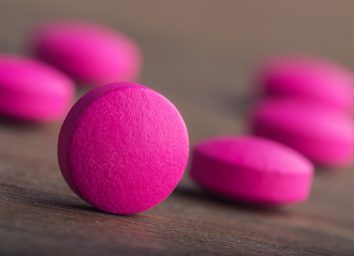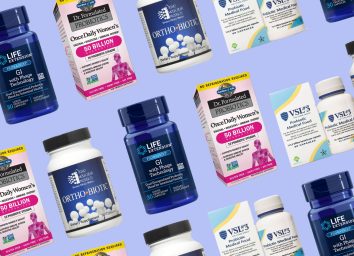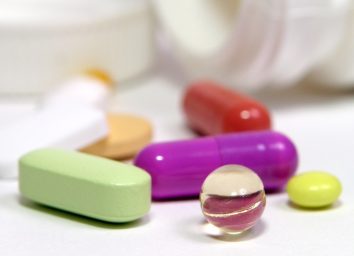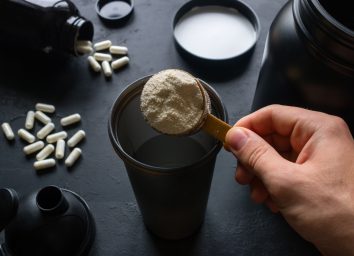6 Things You Should Know Before Taking Supplements
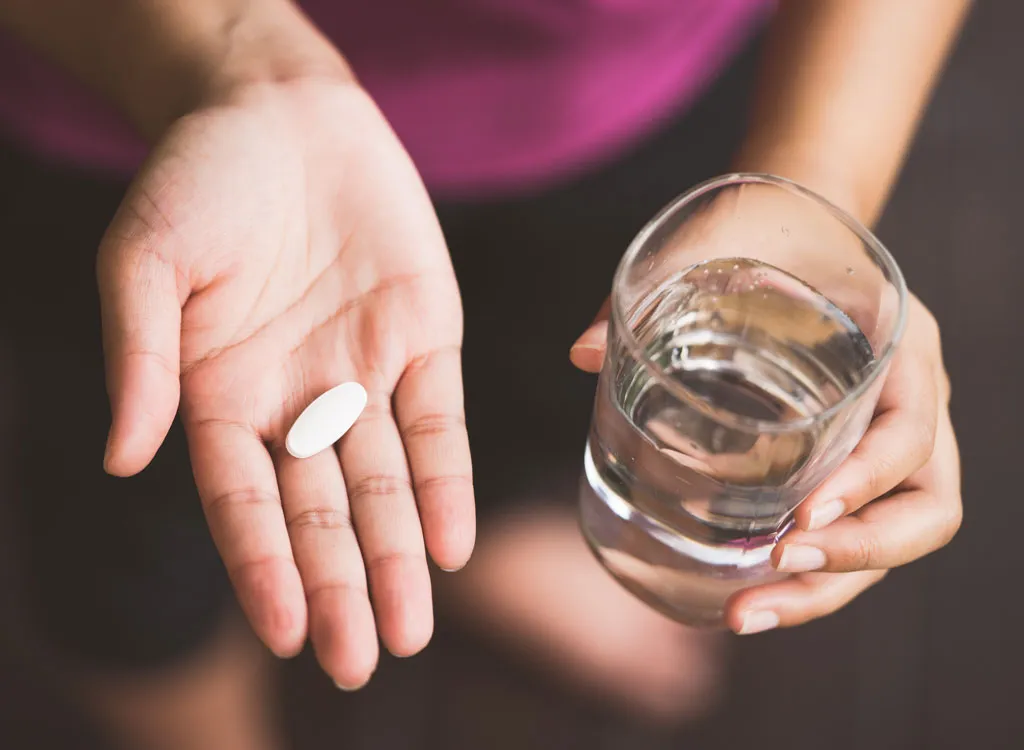
In a time where everyone is concerned about their health, many have started to explore adding supplements to their daily routine. Though generally considered a beneficial improvement, it's essential to understand what you're digesting before gobbling down vitamin-this and vitamin-that. That's why understanding the facts about supplements is incredibly important.
Dr. Mauricio Gonzalez, MD and a board-certified internal medicine physician, explains that a supplement, by definition, is what the time suggests: an additive to your already-balanced menu plan. In fact, the Dietary Supplement Health and Education Act defines supplements as a product that contains one or more dietary ingredients, including vitamins, minerals, herbs or other botanicals, amino acids, and other substances. In other words: it's a way to step up your wellness game.
But before you hop on the bandwagon, follow trusted doctors and nutritionist's advice and keep these facts about supplements in mind. And for more healthy eating tips, check out our list of 21 Best Healthy Cooking Hacks of All Time.
Supplements are needed when our diet doesn't have enough micronutrients.
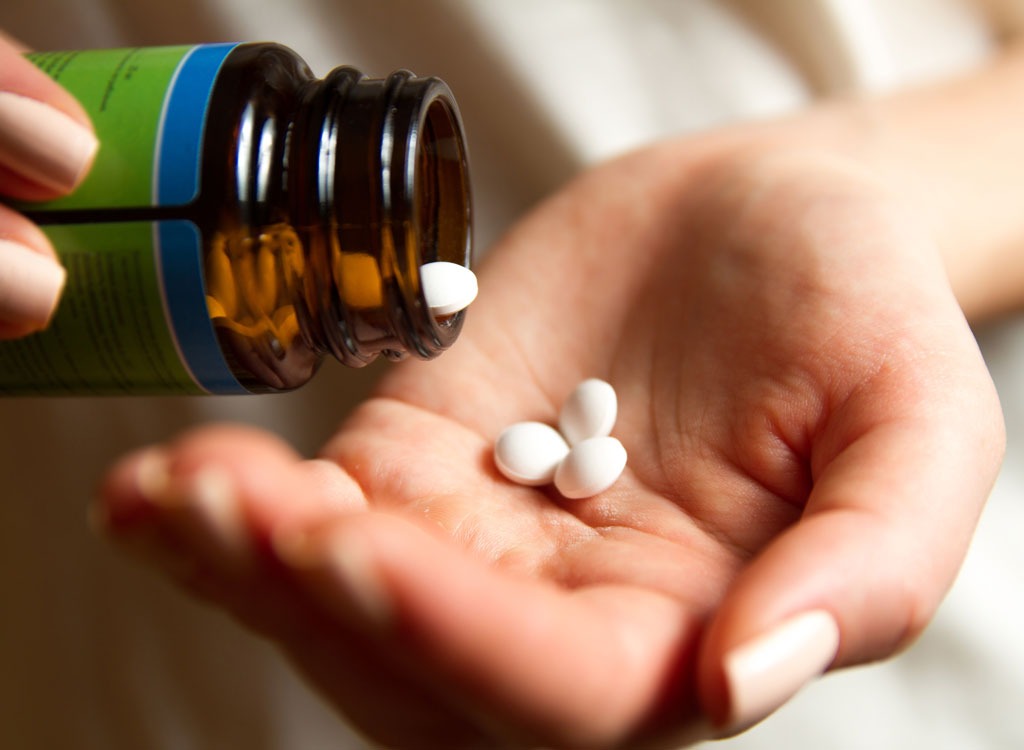
People often turn to supplements when they don't receive the right amount or enough micronutrients required to live a vibrant life. Many aspects could cause this, including access to healthy foods, as well as a limited diet, like veganism or gluten or dairy-intolerance.
According to Nicole Avena, PhD, Assistant Professor of Neuroscience at Mount Sinai School of Medicine, and Visiting Professor of Health Psychology at Princeton University, it could also be an issue when you say "yes" to fast food instead of the salad bar.
"When you are eating a lot of processed foods or don't have a variety of vegetables, fruits, and proteins in your diet, you could need a supplement," she says.
And in some cases, even if you do fill your plate with a colorful collection of goodies from Mother Nature, a supplement could still be a smart addition, thanks to climate change.
"The nutrient density of our foods has changed due to the depletion of nutrients in the soil due to farming practices," Avena says. "That means that the vegetables we consume might not have as many vitamins in them as they did many years ago."
Supplements can aid all parts of our bodies and lives.
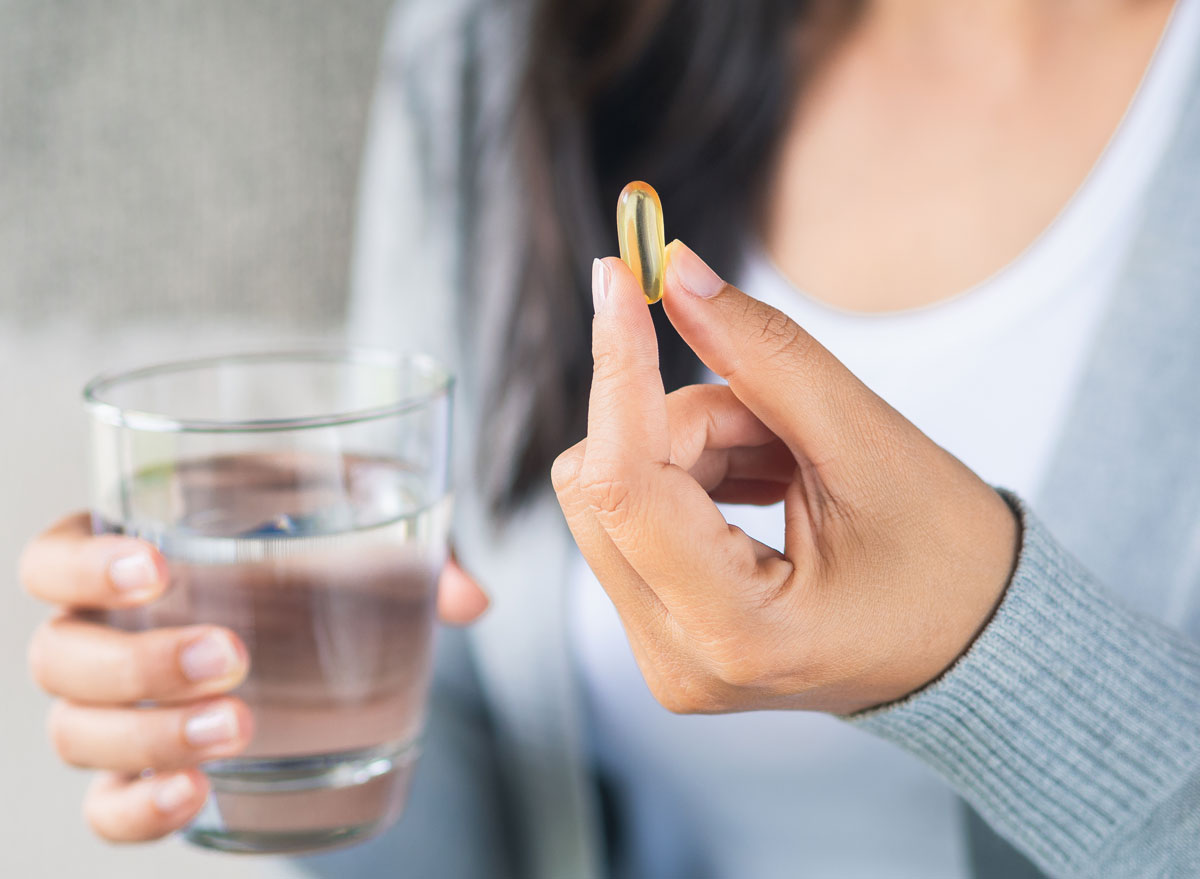
If there is a particular aspect of your health or appearance that frustrates you, chances are high there is a supplement that could come to your rescue. As board-certified dermatologist and author Anna Guanche, PhD, explains, there are endless options available that optimize longevity, energy, sleep, skin health, sexual health, and so on. While you should always speak with a trusted doctor before adding supplements to your diet, they may recommend a specific vitamin or mineral-based on your current woes or struggles. Like, vitamin D for bone health, vitamin E for your skin, or vitamin B-12 for stress.
Speaking of vitamin D, here are 5 Signs of Vitamin D Deficiency You Should Never Ignore.
Too much of a good thing is still a bad thing.
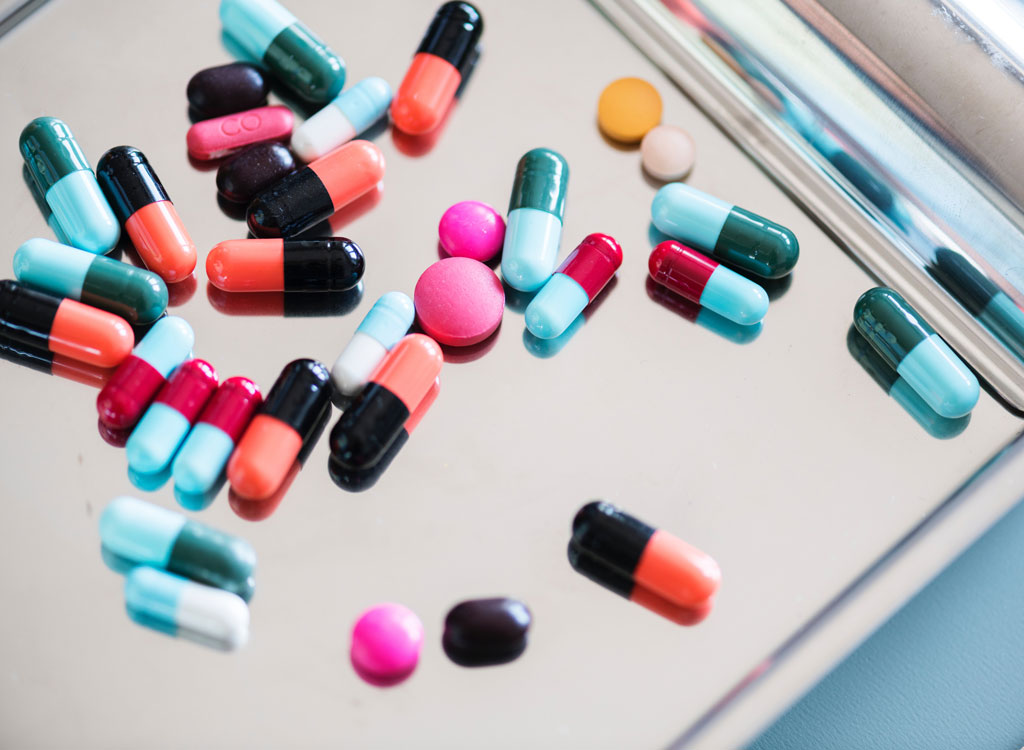
Whether it's giving in to your sweet tooth or having another glass of red wine, moderation is key in much of our diet choices, and supplements are no different. While there is no magical number of daily supplements that apply to every person, if you worry you're taking too many you should book an appointment as soon as possible, according to Neerav Dilip Padliya, PhD, PMP, and vice president of research for MYOS RENS Technology.
"You should keep an inventory of all supplements you take, so when you go for your regular physical, you can share the information with your doctor," says Padliya. "Your doctor should be up to date on all the latest studies and can confirm the safety of the products as it relates to your health, specifically including any medications you may be taking."
One "supplement" that you should limit (if you have any at all) are energy drinks, which Padliya says are technically part of the same family as the multivitamin you'd pick up at the store.
"They typically have very high levels of caffeine and taurine which aren't naturally present in food at those levels," he says. "If you abuse these supplements and drink too many energy drinks, you can end up in the emergency room with cardiac issues."
You get what you pay for with supplements.
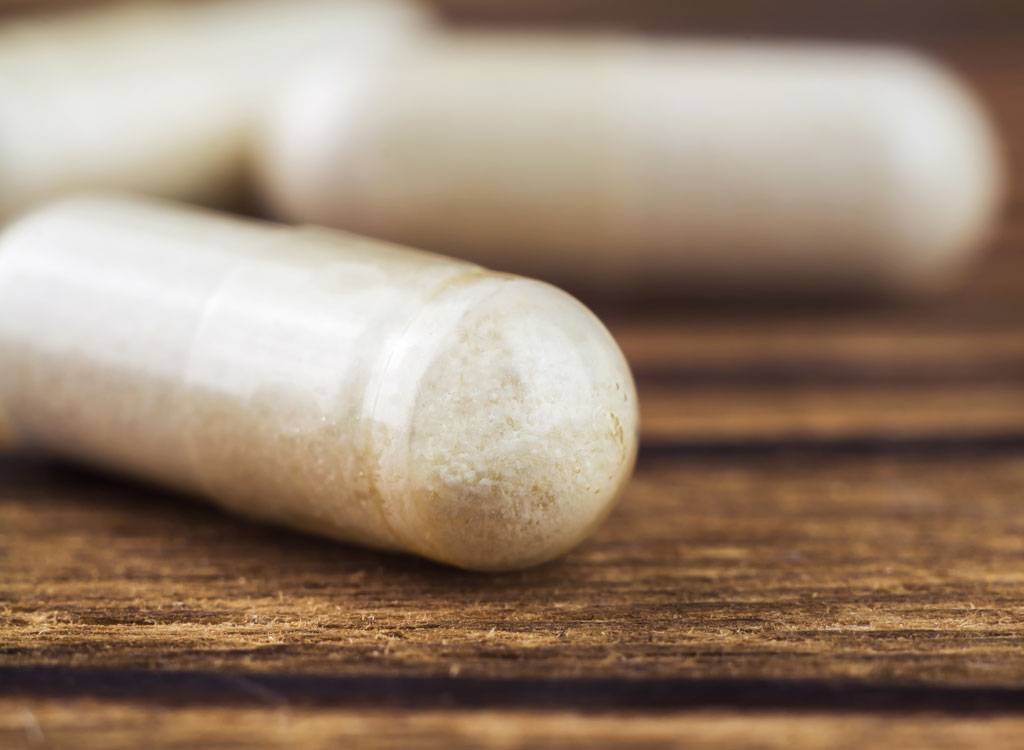
It's hard to imagine, but did you know the United States Food & Drug Administration (FDA) very loosely regulates supplements? As naturopathic doctor Katy Firisin, ND, MSPT, explains, federal law does not require dietary supplements to be proven safe to the FDA's satisfaction before they are marketed.
Perhaps even scarier, she says the law does not require the manufacturer or seller to prove to FDA's satisfaction that the claim is accurate or truthful before it appears on the product. In fact, Firisin says the average over the counter supplement may have only 30% of what is on the label in the supplement.
This means you have to do your homework when finding the right brand for your dietary needs. This may require a more significant financial investment, but it's one that will produce results.
"While you may spend a little more money, you will actually get what you pay for," says Firisin. "Many of the less expensive, readily-available products at your typical drugs store or grocery store are packed with fillers and additives. So not only do you not get what is on the label, you get a whole lot more than you bargain for, which can lead to poor absorption and tummy upset. You will have better luck shopping at local privately-owned health food stores or working with a professional such as a naturopathic doctor where you can purchase higher quality products."
For more healthy eating tips, be sure to sign up for our newsletter.
Skip the multivitamin and get specific.

We hate to break it to you, but if you're still downing that gummy daily vitamin from when you were a kid, you're in major need of an upgrade. According to nutritionist Jonny Bowden, PhD, CNS, a multivitamin doesn't cut it to reap the benefits of supplement use for most adults.
"There is no such thing as a high-quality multiple vitamin in one pill, sorry," says Bowden. "The very least number of pills in a daily dose for a high-quality multiple is two, and that's rare. You just can't get all the basics into one small pill. Some high-quality multiples have a 'serving size' of 6 tablets a day."
No, you don't urinate supplements.

One of the most common pieces of feedback Firisin hears is around "peeing out vitamins." While she says certain supplements can cause your urine to turn yellow and even make it smell a tad unpleasant, that doesn't mean you're releasing the excess. Rather, each and every nutrient has specific dosing that is either a basic level for optimal health or a therapeutic level that may be necessary to achieve a particular goal.
"Knowing the intent of your supplements is the most important thing," she says. "You don't want to take something just because Aunt Suzy's bridge partner's granddaughter took it and it helped them."
So, think about what you're hoping to get out of supplements. Are you not a big veggie fan? Firisin says to introduce a greens powder to your morning habit. If your drinking water is heavily-filtered reverse osmosis water, consider a mineral supplement to replace what usually gets filtered. If you had a recent antibiotics course, she suggests a round of probiotics to repopulate the good bacteria. And no, probiotics and prebiotics aren't the same thing.
"Direct your efforts towards a goal or intention rather than jumping to take what you saw on the latest 3 a.m. infomercial," Firisin says.
Here are 7 Powerful Supplements That Will Boost Your Immune System.
